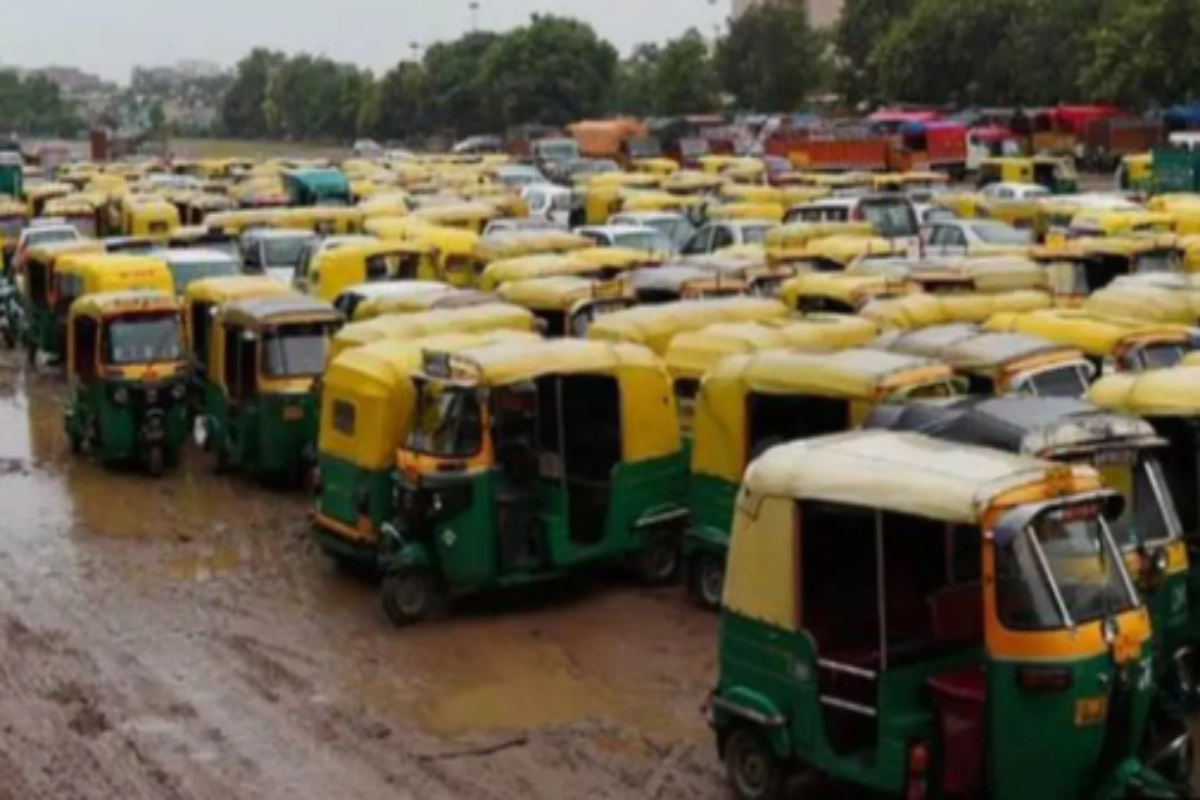Auto Taxi Drivers Strike: Delhi-NCR is bracing up for major transportation hassles as unions of auto and taxi drivers declared a two-day strike from Thursday, August 22. The strike called by over 15 unions, including the Delhi Auto Taxi Transport Congress Union, has been called to protest increasing interference of app-based cab services like Ola and Uber in their business. There could not be a better example of how infuriated the traditional drivers have become against the detrimental effects these new, tech-driven services are having on their livelihood. The strike will hugely inconvenience the Capital, with over 400,000 taxis and 100,000 autos taken off roads. No autos, kaali-peeli taxis, economic radio taxis, or all-India tourist permit taxis will run during this period, and commuters are bound to face huge problems in commuting within the city.
Livelihood Concerns, Govt Apathy Reason for Agitation
The auto and taxi unions have been quite vocal about their opposition to the app-based cab services. According to Kishan Verma of Delhi Auto Taxi Transport Congress Union, who is its president, with the popularity of services like Ola and Uber, traditional drivers’ income has fallen drastically. Though the unions have raised this issue numerous times with both the central and state governments, no heed has been paid to issues raised by them.
“For several years, we have been writing to governments and departments about companies like Ola and Uber, but nobody listens,” said Mr. Verma. He said that these companies were running their businesses on the basis of a “game of donations” with complicity from the government, due to which it has become hard for traditional drivers to compete in the market. Verma called for an end to what he termed a system that is damaging the livelihoods of auto and taxi drivers.
Illegal Activities Allegations
Apart from these economic issues, Verma raised some grave allegations against the app-based services. According to him, private taxis affiliated with these platforms are engaged in smuggling, alcohol, and drug trading. He said the government should take strict action against such practices to safeguard the public from the above-mentioned dangers.
DON'T MISS
“We want an end to this game,” said Verma, demanding the government’s interference in the matter to raise the traditional drivers’ grievances. He also wanted a ban on these companies and suggested that the government come up with its own app to regulate taxi and auto services.
Union Demands and Future Plans
The unions have clearly stated their demands-a ban on app-based cab services and creation of a government controlled platform that would mean fair competition. “The primary reason for this strike is that aggregator companies are running illegally. Our drivers are not getting enough rent. If the government does not pay attention to this, the strike might extend beyond two days,” said RS Rathore, Vice President of the Delhi Auto Taxi Transport Congress Union.
They claimed that the commission for these companies is up to 45 per cent and with these commissions it would become extremely hard for drivers to now make a sustainable income. They further expressed anger over the unchecked proliferation of e-rickshaws and bikes with private number plates, which exacerbates the problem.
Effect on People
As the strike begins, Delhi-NCR residents are advised to plan their travel accordingly. With such a large number of vehicles off the road, public transport services are going to be pressurized—longer wait times and potential delays await. The strike brought home the point that the controversy being created by traditional transport services against their modern, app-based alternatives is far from over. This issue should find a resolution that suits all parties as soon as possible.



